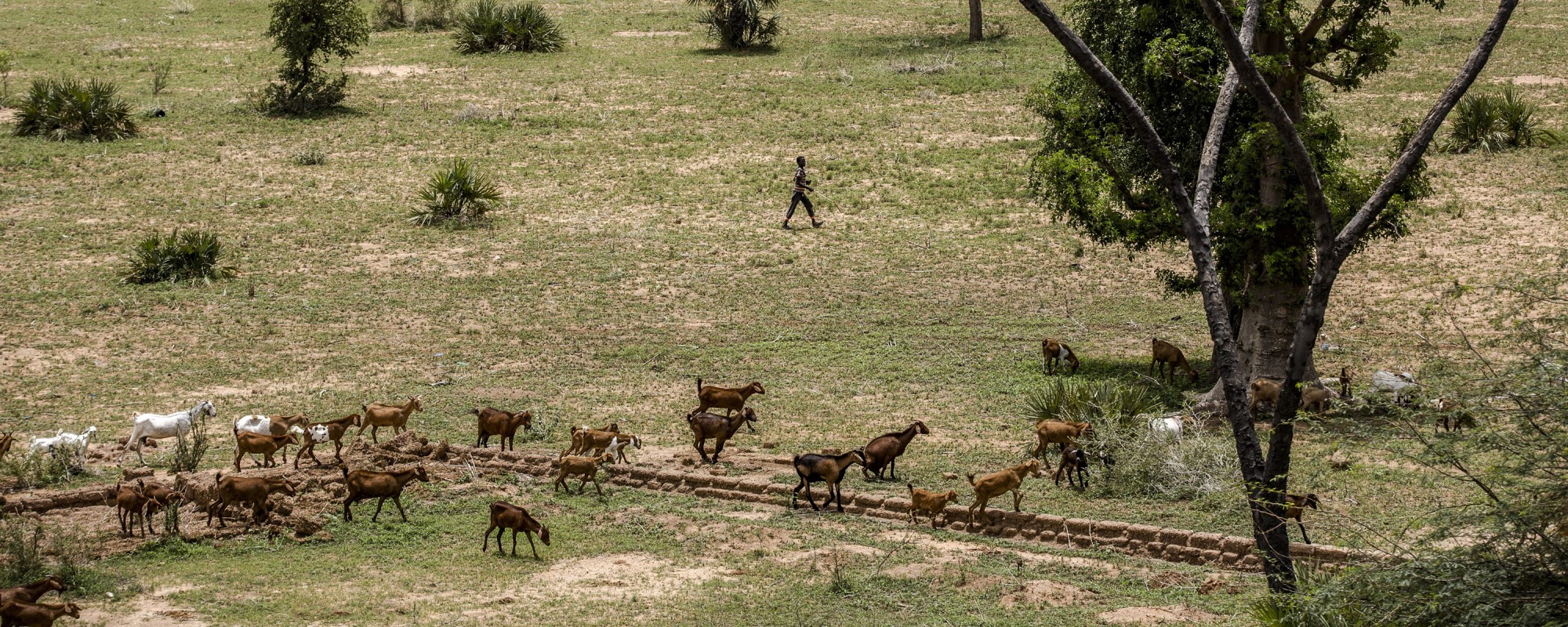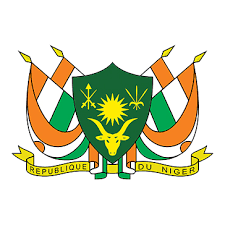Niger

Agriculture forms an important source of export earnings for Niger’s economy, and it is mainly characterized by subsistence farmers who produce both rainfed cereals, vegetables and irrigated crops. Niger climate is hot and arid with only 15 percent of the country’s land area is arable, and the climate of the southern part of the country is of the type known as Sahelian, which is characterized by a single, short rainy season.
Insufficient rainfall and recurrent droughts have proven to be a challenge mainly to small-scale farmers, limiting their capacity to produce enough for household consumption and surplus for sale. Niger has a potential to improve its cereal and horticulture yields by adopting improved cropping techniques, better seeds and efficient management of scarce water resources including the adoption of better and modern irrigation techniques.
Through the “increasing water productivity for nutrition-sensitive agriculture and improved food security and nutrition” project, FAO in partnership with IFAD, will support the Government’s priorities and orientations for tripling the contribution of irrigated crop by: (i) ensuring supply in inputs and equipment for rainfed and irrigated crops, (ii) strengthening technical supervision of producers and support-advice agents, (iii) developing agricultural research and innovation, (iv) strengthening and disseminating agro-information meteorological, (v) mobilizing water for agro-sylvo-pastoral production and fisheries, in particular the construction of new dams and weirs, the rehabilitation of old dams and weirs, the development of ponds and the treatment of basins slopes, (vi) developing large and small irrigation. In addition, the project will support the IFAD’s “Family Farming Development Programme in the Diffa Region” to improve productivity in rainfed and irrigated crop production systems.
In Niger, the project is being implemented in collaboration with the Ministry of Agriculture and Rural Development.Main activities
In Niger, the project is carrying out the following activities:
1. Country context assessment with the aim to map out specific needs and productivity constraints faced by smallholder farmers in the target districts/municipality of Diffa region. This includes:
- Definition of selection criteria for the target areas through consultation meetings with the Ministry of Agriculture and Livestock, IFAD, WFP and other partners.
- Field visit to the target districts in Diffa region for the official launch/introduction of the project to the local communities and authorities, site specific data collection and mapping/registration of the project beneficiaries, farmer’s organizations, extension officers, traders and Farmer Field School (FFS) initiatives (and FFS facilitators).
- Validation workshop of the results of the field visit.
2. Baseline data collection, analysis and reporting in partnership with national implementation partners. This includes also the organization of dissemination and validation workshop for the baseline results.
3. Deployment of the nutrition-sensitive water productivity (NsWP) methodological framework and guidelines and adjustment to the country context:
- Capacity building/training activities on the use of the NsWP guidelines that will be implemented in two phases: (i) training of trainers with a specific focus on how to implement the NsWP methodological guidelines using the Farm Field School (FFS) approach and (ii) training of project beneficiaries on the use and implementation of the NsWP guidelines.
- Deployment/implementation of the project methodology and guidelines through Farm Field School approach.
Partners
Family Farming Development Programme in the Diffa Region, Niger
Family Farming Development Programme in the Diffa Region general objective is to sustainable ensure food and nutrition securities and enhance capacities of the rural people in the Diffa region. Key actions in the selected regions in Diffa include development of a wholesale market, improved rainfed and irrigated crop production, protection of intervention basins through sand dune stabilization, upgrading of pastoral trails and water points, and socio-economic integration of refugee groups.
Country Team
Moussa Tankari National Project Coordinator, FAO Niger | Boubacar Boureima Project Focal Point, Ministry of Agriculture and Livestock | ||
Banaou Djibo Assistant FAO Representative (Programmes), FAO Niger | Fourera Abdou Mani Nutrition Expert, FAO Niger |
Partners
Upcoming activities
The baseline survey will be conducted in the Diffa region from mid-January 2022. Data collection will be conducted by Karkara, a local NGO, under the supervision of FAO and in partnership with IFAD and the Ministry of Agriculture and Livestock.
More details will be shared soon…
